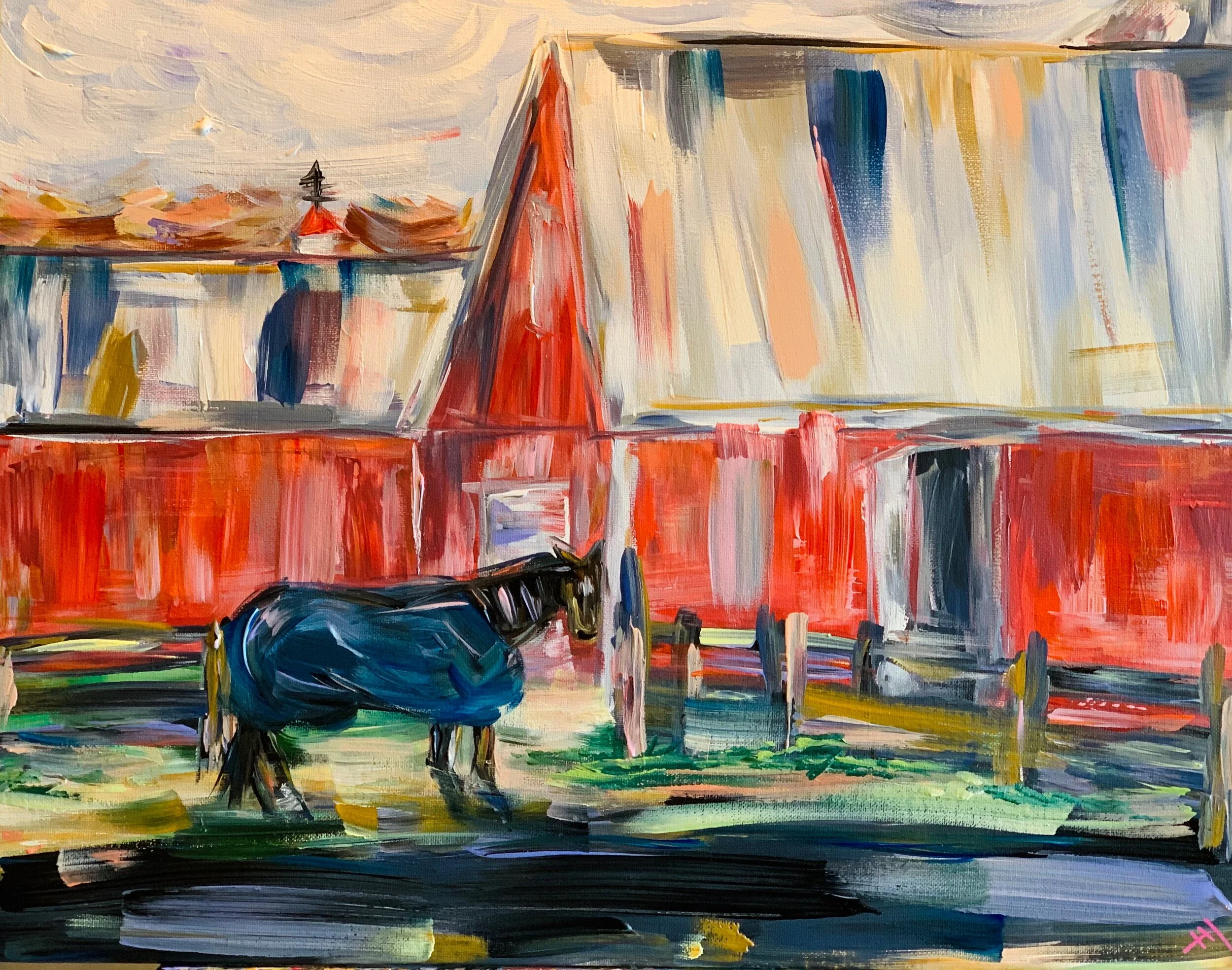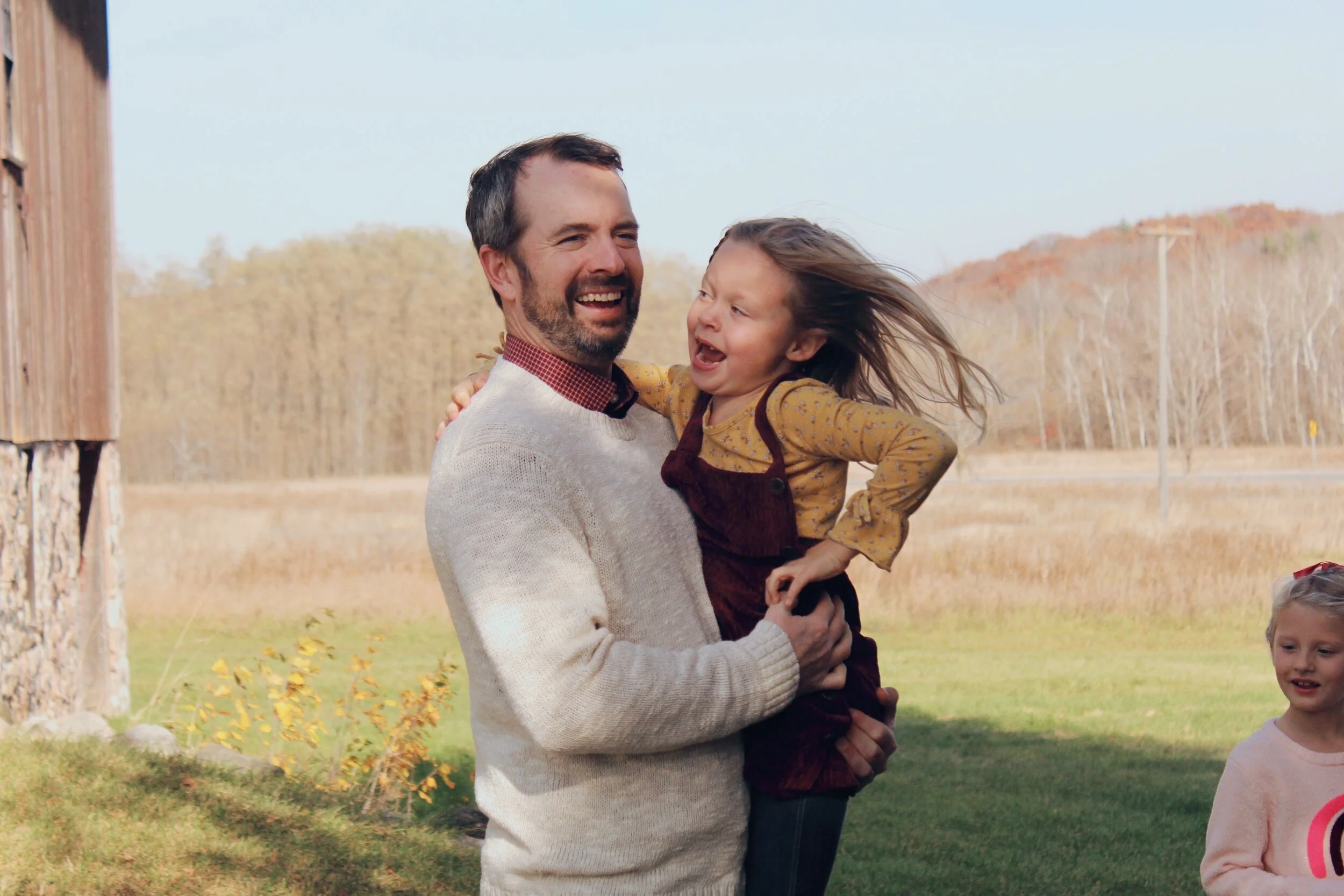In 1944, a 39 year-old Austrian man named Victor Frankl and his wife Tilly were processed into the Auschwitz concentration camp. He spent approximately 18 months in the shackles of the Nazis being shuttled from one camp to another, before being liberated by American soldiers. Frankl survived the Holocaust, but his wife, mother, and brother did not.
Despite suffering such great trauma, Frankl went on to become one of the most important and influential neurologists and psychiatrists of the twentieth century. In fact, it was the experience of spending time in captivity, experiencing suffering and deprivation, and watching some prisoners transcend their circumstances while others succumbed to them, that set Frankl on a path to explore life’s meaning and develop a renowned technique called “logotherapy” to help those in need overcome difficulty. Frankl’s big insight, which surfaced at his lowest moment, was gained by observing the resilience of humanity, and teaching others how to find meaning in life even in the harshest of conditions.
Frankl wrote, “Everything can be taken from a man but one thing: the last of human freedoms—to choose one's attitude in any given set of circumstances, to choose one's own way.” The search for meaning, Frankl believed, is the primary motivational factor of humans.
Read More





